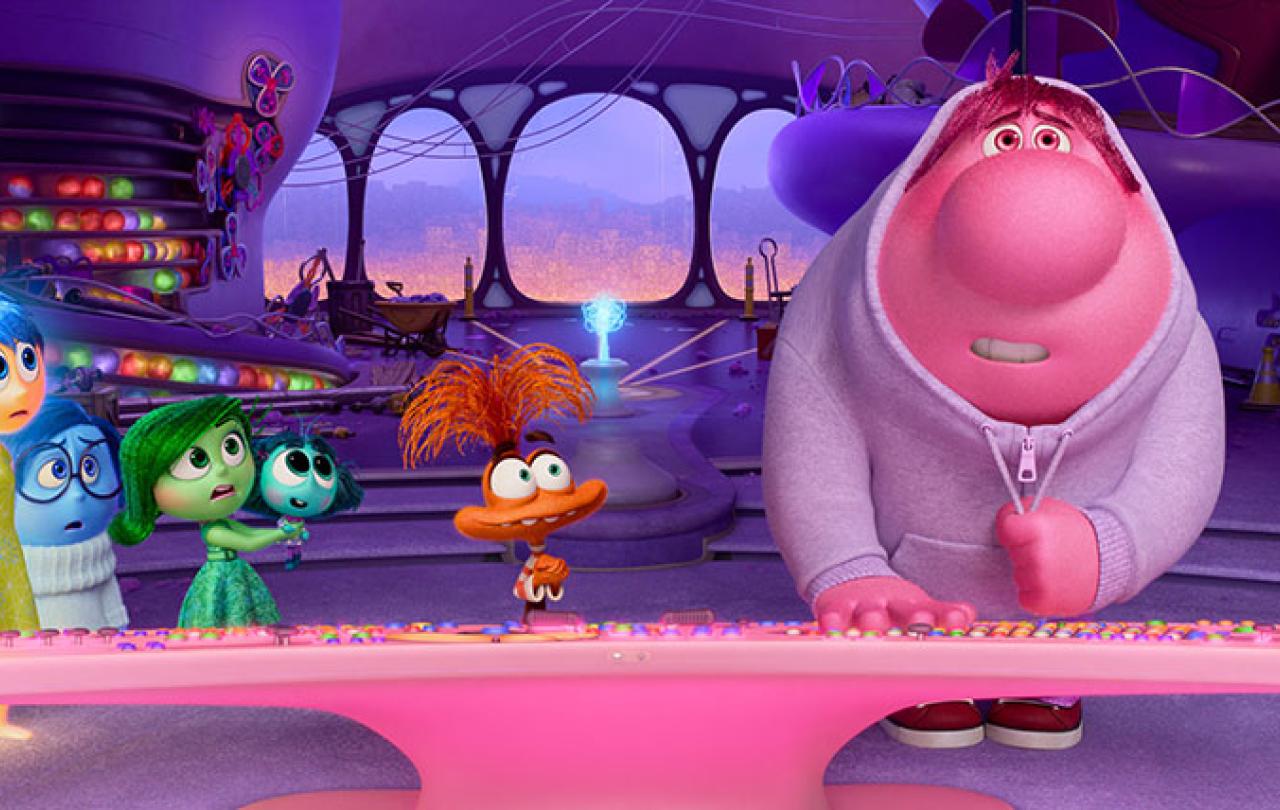
There are now less than two weeks to go before polling day, and the nation appears to have simultaneously reached the highest fever pitch of emotion and the absolute nadir of political scruple. The Tory campaign has been comically, awfully inept - announcements in the rain, D-Day, gambling fraud. The Labour campaign has been an odd blend of quasi-Confucian aphorisms (‘Stability is Change’…what is that!?) and a blank refusal to give much detail on any future plans and actions - almost offensive from a party that seems guaranteed to win a majority that would give it little resistance. The Lib Dem campaign has resembled a Centre Parks holiday, and I’m here for it!
The recent Question Time of political leaders perfectly encapsulated the grim reality of this election campaign. The anger towards Rishi Sunak was palpable, and his pathological inability to not be defensive and snippy shone through. A total lack of any emotion was shown towards Kier Starmer (a void that again was filled with more anger towards Rishi Sunak), and his militantly practiced refusal to actually say anything of substance. Ed Davey was quite charming actually; but not enough to make the whole viewing process anything but depressing.
Yet…
This is our situation, and we must deal with it. This is OUR election, and WE MUST engage with it. Alastair Campbell - one half of the most listened to political podcast in the UK - regularly calls for compulsory voting. The ad campaign reminding people (especially young people) to register to vote has been incessant. Even the Archbishop of York has written an open letter in the Sunday Express encouraging everyone to register and to exercise their democratic duty. Why? What for? I find the entire cadre unappealing to the point of being odious. Reading the manifestos I was struck by two realisations: the space between so many of the policies was miniscule, and they were so bloody ‘ugly’.
I don’t mean ugly like the loveless, jingoistic, cruel ramblings of Reform. The two main parties have produced manifestos that inspire no hope. They equate the fullness and completeness of the human social condition to the subtle movements of financial resources from one area to another. They are each proposing a almost identical economic foundation, with a few nods to the fact that ‘society’ and ‘human relations’ exist, like a Potemkin village designed to impress the visiting dignitary, ‘the voter’. Not only do they read like they were written by someone who cannot think five, maybe ten, years ahead; they read like they were written by someone who has a cold indifference to the transcendental concepts of ‘TRUTH’, ‘BEAUTY’, ‘GOOD’. The whole tenor of our political culture and conversation is the same three riffs on post-modern liberalism, played with dexterity and enthusiasm of a corpse.
If you feel passionately about your community, and you know the issues, and you have a candidate you believe in, vote. If none of this applies, don’t worry, and don’t let anyone shame you.
And yet I MUST vote? What for? Why must I be shamed into preforming the perfunctory routine of soul-destroying civic duty? Why must I be bullied into giving the correct sacrifice to the great and terrible God of ‘DEMOCRACY’ in the vain hope that this vicious, nihilistic titan of bureaucratic ineptitude might yet again bless the polis with five more years of alienation and sublimated resentment.
The Christian message, the Gospel, is not antithetical to politics. The Gospel of Christ is about one’s whole life - body, spirit, soul, relationships, friends, family, enemies, strangers, work, play, sickness, death - and so it cannot be divorced from politics, because as people who live in a society we must encounter the ‘political’ every day. However, the Kingdom of God is a Kingdom and not a Republic. Jesus does not answer the devious questions of the Pharisees with a markedly uninformative screed on updating tax legislation, he says to ‘Render therefore unto Cæsar the things which are Cæsar’s; and unto God the things that are God’s.’ He speaks to the people about radical charity, freedom from worry and stress about today, about a community of absolute loving relationship where everyone is a mother, and sister, and brother to everyone else.
I am called - just like I believe all people, as beloved creatures who’s end is being united with God in all eternity - to keep my eyes on the horizon of the absolute, the beautiful and peaceful Kingdom of Christ which is not for this world. This does not mean apathy towards politics or even to the current election. It does, however, mean that I cannot and will not be persuaded that finding this pathetic display of ineptitude, silence, exaggeration, and unpleasant divisiveness which we call a campaign, anything other than a waste of my time and energy. If you feel passionately about your community, and you know the issues, and you have a candidate you believe in, vote. If none of this applies, don’t worry, and don’t let anyone shame you. The Kingdom of God will not be built by the winner of the General Election. It will be built by Christ working through the love and relationships that form a community of charity and service…and you can’t legislate for that.

